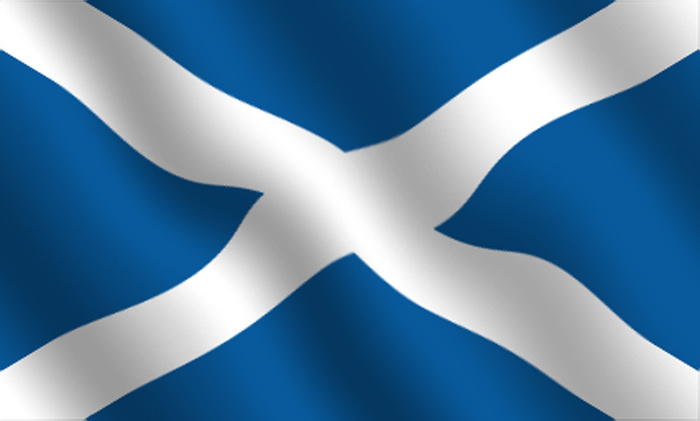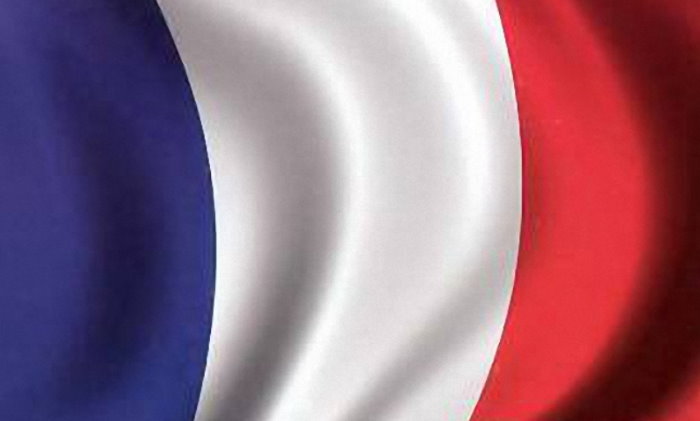|
The lyrics were written by Robert Burns in 1793, in the form of a speech given by Robert the Bruce
before the Battle of Bannockburn in 1314, where Scotland maintained its sovereignty from
the Kingdom of England. Although the lyrics are by Burns, he wrote them to the traditional Scottish
tune Hey Tuttie Tatie (this title is supposed to imitate a trumpet) which, according to tradition,
was played by Bruce’s army at the Battle of Bannockburn. The tune was brought to France by Scottish archers and was heard when Joan of Arc entered Orleans and also Rheims for the coronation of the French king whose bodyguard was Scottish. |

|

|

|
The song was sent by Burns to his publisher, at the end of August 1793, with the title
Robert Bruce’s March To Bannockburn, and a postscript saying that he had been inspired
by Bruce’s “glorious struggle for Freedom, associated with the glowing ideas of some
other struggles of the same nature, not quite so ancient.” This is seen as a covert reference
to the Radical movement, and particularly to the trial of the Glasgow lawyer
Thomas Muir of Huntershill, whose trial began on 30 August 1793 as part of a British government
crackdown, after the French Revolutionary Wars led to France declaring war on the
Kingdom of Great Britain on 1 February 1793.
Muir was accused of sedition for allegedly inciting the Scottish people to oppose the government
during the December 1792 convention of the Scottish "Friends of the People" society,
and was eventually sentenced to fourteen years transportation to the convict settlement at Botany Bay, Australia.
Burns was aware that if he declared his Republican and Radical sympathies openly he could suffer the same fate.
It is notable that when Burns agreed to let the Morning Chronicle, of 8 May 1794, publish the song,
it was on the basis of "let them insert it as a thing they have met with by accident, and unknown to me."
The song was included in the 1799 edition of A Select Collection of Original Scottish Airs for the Voice, edited by George Thomson, but Thomson preferred the tune "Lewie Gordon" and had Burns add to the fourth line of each stanza, to suit. In the 1802 edition, the original words and tune were restored.

’Scots, wha hae wi’ Wallace bled, Scots, wham Bruce has aften led, Welcome tae your gory bed Or tae victory!
’Now is the day, and now is the hour:
’Wha will be a traitor knave?
’Wha for Scotland’s King and Law
’By oppression’s woes and pains,
’Lay the proud usurpers low! |

Ecossais en qui coule le sang de Wallace Ecossais que Bruce a si souvent menés Accepte de mourir ou de vaincre !
Le jour et l’heure sont maintenant venus
A celui, assez coquin pour trahir
A celui qui soutient la cause du roi d’Ecosse
Face à l’oppression et la douleur;
Renverse l’usurpateur !
|
|
Joan of Arc
|
Scots Wha Hae Karaoke
|

